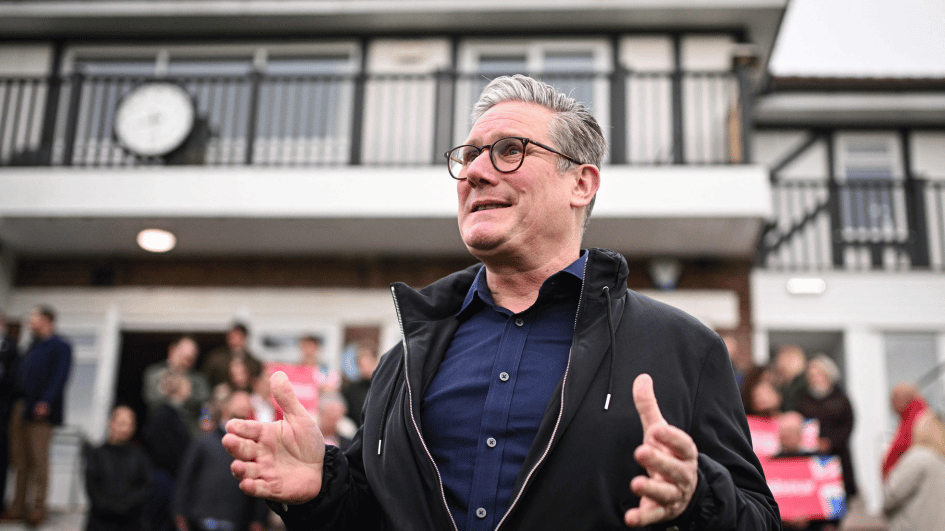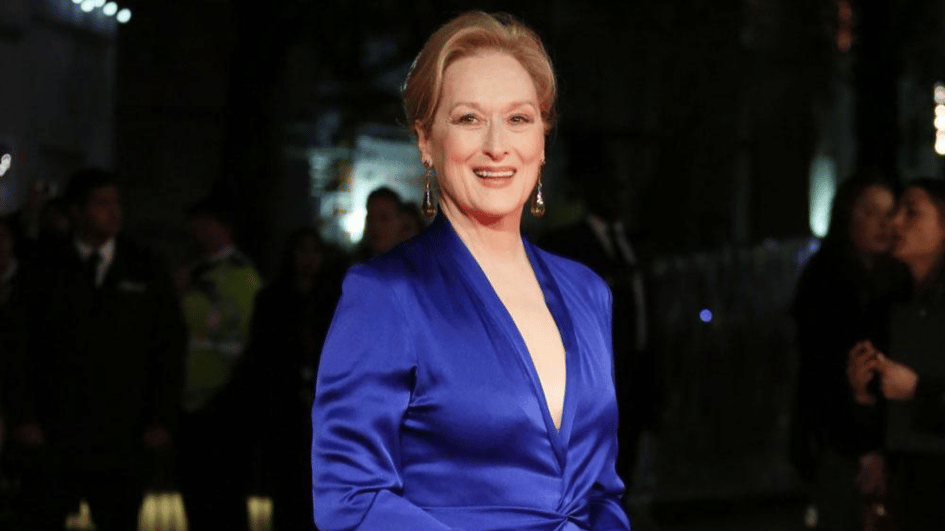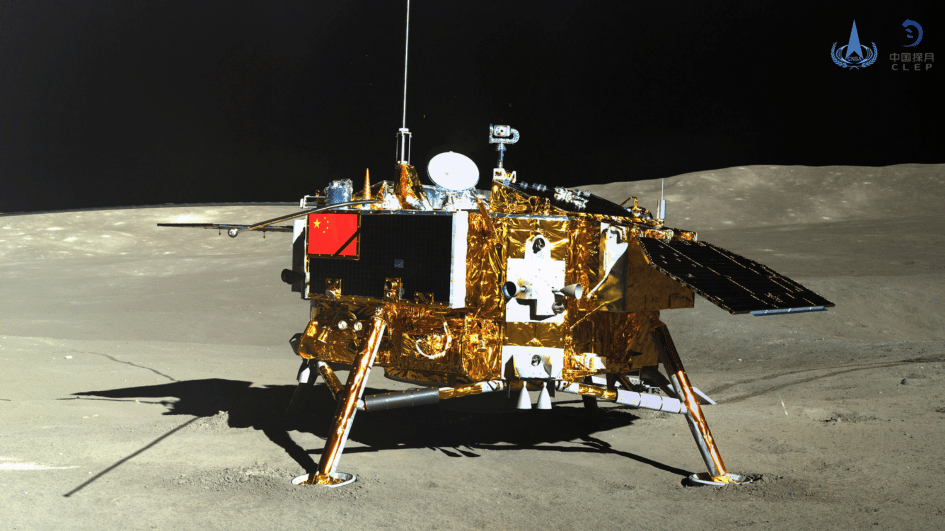Too much AKP could mean instability
Turkey’s Justice and Development Party (AK Parti) government, which has been reelected since 2002, has been favored by international investors as a provider of a suitable investment environment.
There were two main reasons for this.
The first reason was because it has headed a single-party government. Not only locals, but also international investors had become fed up with poorly run, fragile coalitions based on an archaic, hybrid financial system that did not encourage sensible economic decisions. Turkey’s biggest ever financial crisis in 2001 was the peak of this, and actually helped the AK Parti to seize power through elections the next year.
The second reason was a guarantee given by AK Parti governments, especially in its first years, that economy conductor Ali Babacan would follow in the footsteps of Kemal Derviş, who had been invited by the failing coalition government to come over from the World Bank to reform the Turkish banking system and cut a deal with the International Monetary Fund (IMF). So long as the Tayyip Erdoğan governments presented an investor-friendly attitude, international investors liked the AK Parti and its one-party governments.
This picture started to change when Erdoğan started accusing the “interest rate lobby” of being behind the wave of Gezi Park protests in June 2013, which he saw as a plot against his government. According to Erdoğan’s new rhetoric, international financiers (who he hinted were under the influence of the “Israeli lobby”), did not want Turkey to prosper under the Muslim/conservative AK Parti rule. One of the examples for this shift came when Erdoğan employed the staunchly anti-Western, nationalist economy writer, Yiğit Bulut, as his chief economy advisor. Bulut did not hesitate to publicly criticize Babacan and the Central Bank’s policies.
That rhetoric got stronger when Erdoğan was elected as president in August 2014 and took Bulut with him as chief economy advisor in the presidency. Early in 2015, Erdoğan began slamming the Central Bank’s interest rate policies and Prime Minister Ahmet Davutoğlu’s government for not putting enough pressure on the Bank. He said the Central Bank was “independent when it comes to the Turkish government,” but suggestively asked whether it was also independent of “some other places,” hinting at international financial circles.
As far as I can observe from my contacts, the mood among international funders has been changing for the last few weeks. Too much AK Parti is no longer a guarantee of stability for them. One-party AK Party rule with Babacan or someone similar holding the steering wheel might be OK. But an AK Parti majority opening the way for Erdoğan’s strong presidential model, where he would be in charge of the economy with his new rhetoric, could be against Turkey’s economic and political stability.
It is not international investors but the Turkish people who are going to vote in June 7. However, I suspect many are praying for the Kurdish problem-focused Peoples’ Democratic Party (HDP) to pass the unfair 10 percent threshold, in order not to allow Erdoğan’s strong-presidential system to become reality.











